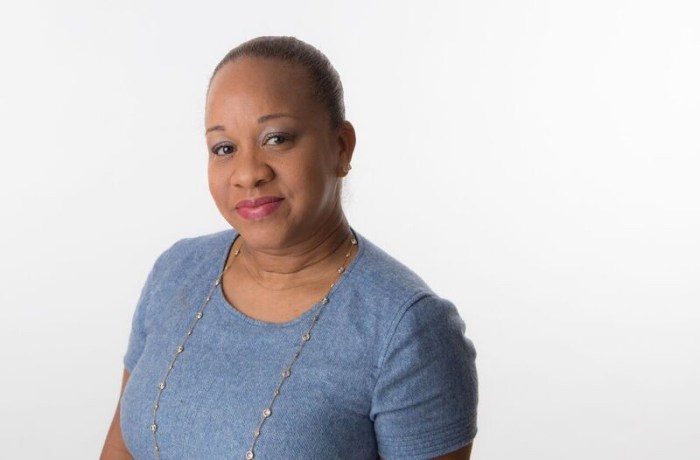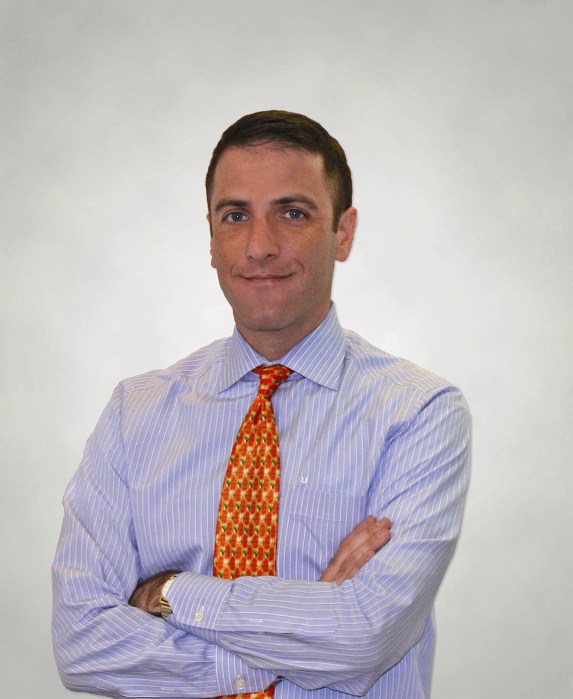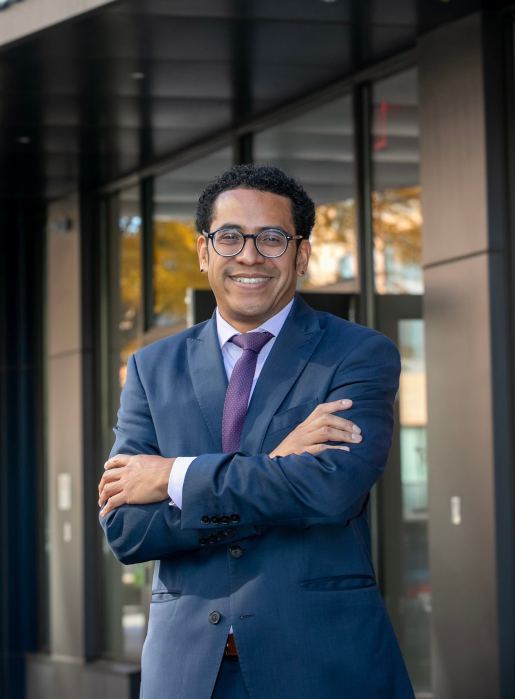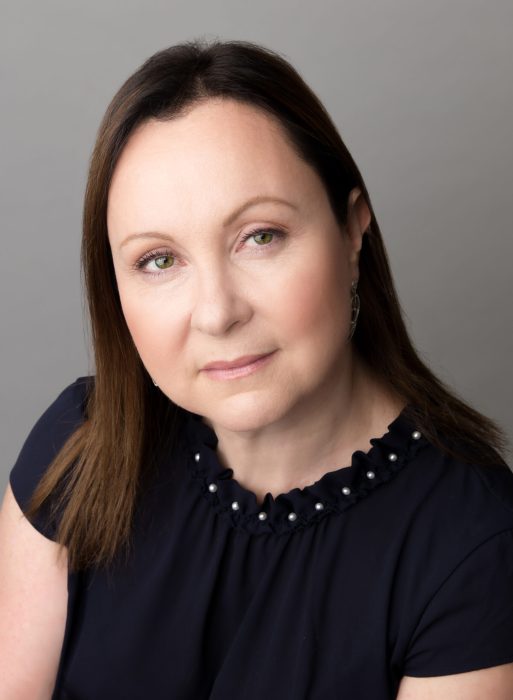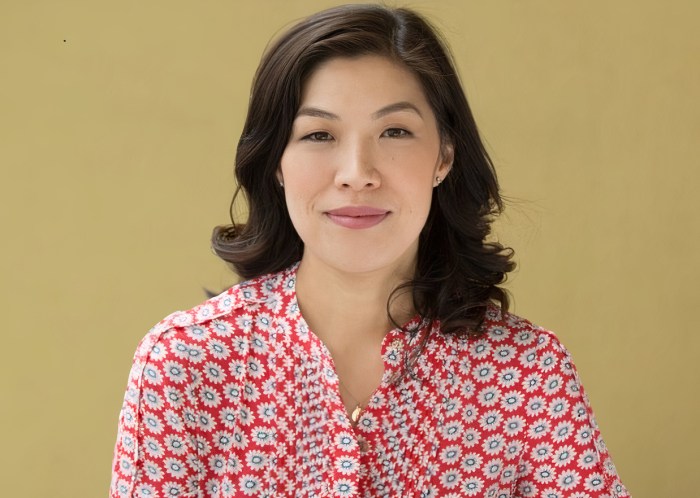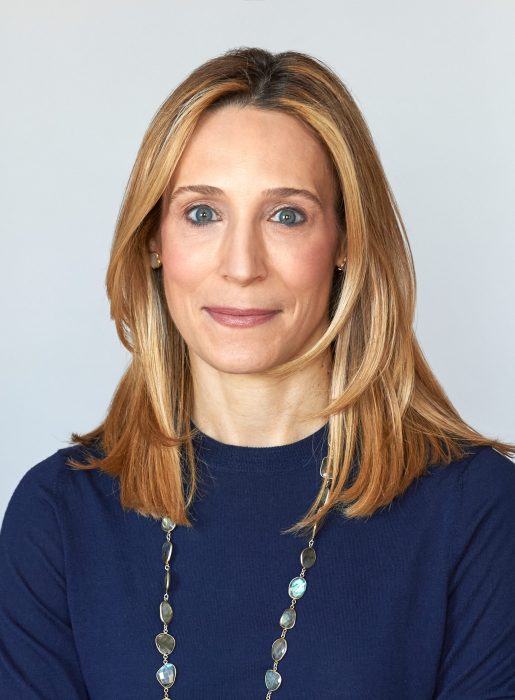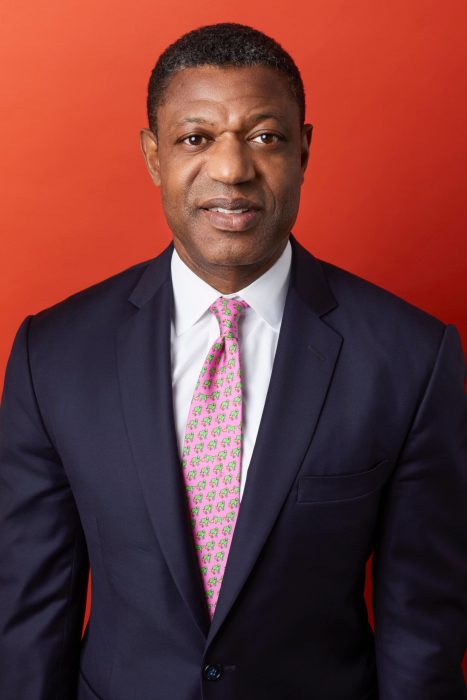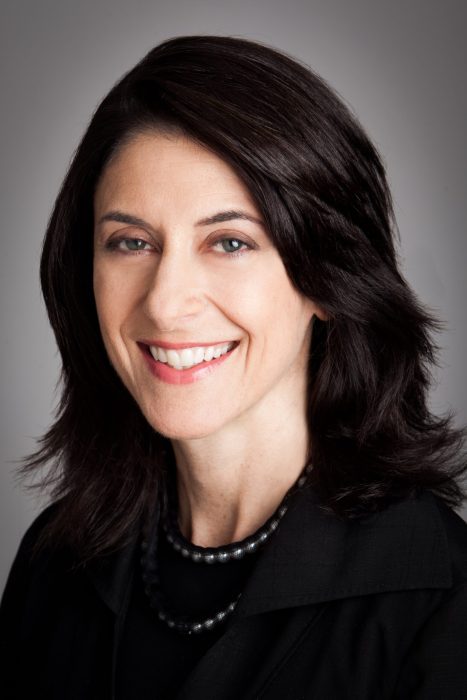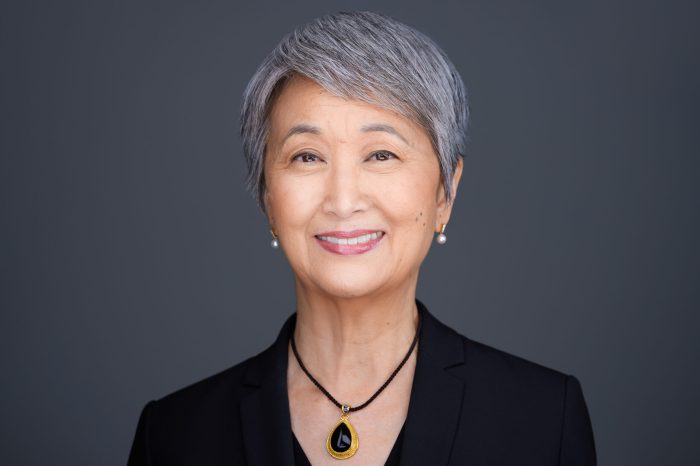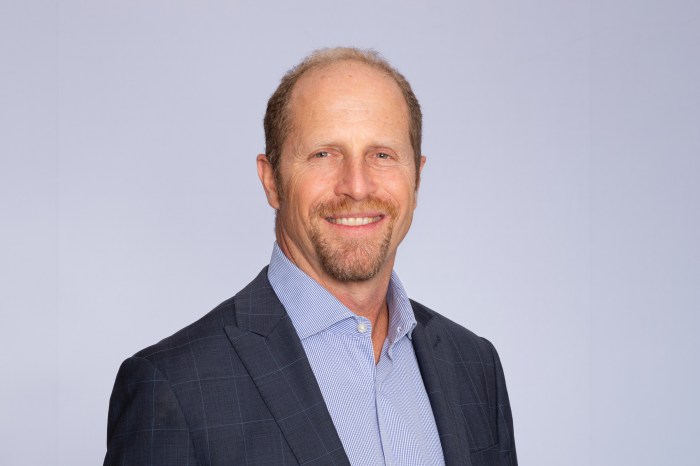Lilliam A. Perez, a Bronx native, serves as vice president of government and community relations for Montefiore Health System. Formerly with the New York State Attorney General’s Office, she’s recognized for advocacy in social justice and honored as a top Latina leader. Lilliam’s extensive community engagement includes roles on boards like Mary Mitchell Family & Youth Center and VIP Community Services. She holds a B.A. in political science and international economics from Long Island University.
How do you define corporate social responsibility?
Corporate social responsibility is the actions your organization takes to better the communities it serves and beyond. You cannot be a successful anchor institution without embedding in your mission and vision goals to positively improve the lives of the constituency, leaders, and organizations you serve while operating an effective organization. At Montefiore Einstein, we enrich the lives of all we serve through providing the highest quality care delivery, research, employment opportunities, and community partnerships.
What are your organization’s CSR goals?
Montefiore’s mission is to heal, to teach, to discover and to advance the health of the communities we serve. Montefiore builds upon our rich history of medical innovation and community service to improve the lives of those in our care. Our mission is exemplified in our exceptional, compassionate care and dedication to improve the well-being of those we serve.
Why did you choose to pursue a career within CSR?
I chose this career because I knew I could make a real impact in people’s lives. I love to give back to my community while working hard for the voiceless and strengthening underserved communities is one of my passions and goals in life. Montefiore has made a commitment to better the lives of the people we serve and the place they call home. I’m thrilled to be part of the team leading the efforts.


